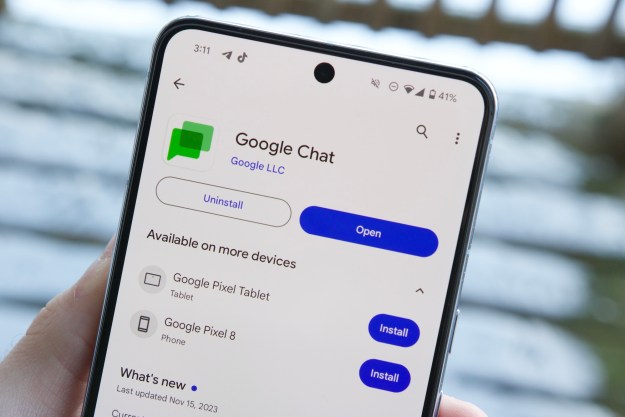Facebook has announced that it will introduce a chat client for Facebook at Work. This is a version of the social platform that allows colleagues the ability to share and collaborate in a private social network. Work Chat is similar to the well-known Messenger features that grace the standard Facebook application. Co-workers can participate in group chats, share photos, share videos, use stickers, make voice calls, and message other team members individually.
The first version appeared late last week in the Google Play store. Reports indicate that an iOS version will be coming out at some point down the road.
Private testing for Facebook at Work has been going on since January of this year. Hundreds of companies have been participating in the process. From small to large, banks, real estate firms, travel companies, and many other businesses have been participating in the test phase. The business networking platform will leverage a freemium model and is expected to debut in the coming months.
If the product sounds a lot like Yammer, HipChat, or Slack, that’s because it is. These are widely used platforms that the Facebook platform will have to compete with. Slack is known for its clever integrations with tools such as project management apps, Google apps, sharing, and other productivity platforms.
For now, the app is live in the Google Play store, but it can only be used by those that are part of the companies that are testing the Facebook at Work service.
Editors' Recommendations
- ChatGPT can laugh now, and it’s downright creepy
- Apple finally has a way to defeat ChatGPT
- What to do if your Amazon Alexa app is not working
- Are Facebook and Instagram still down? Here’s what we know
- This one image breaks ChatGPT each and every time


